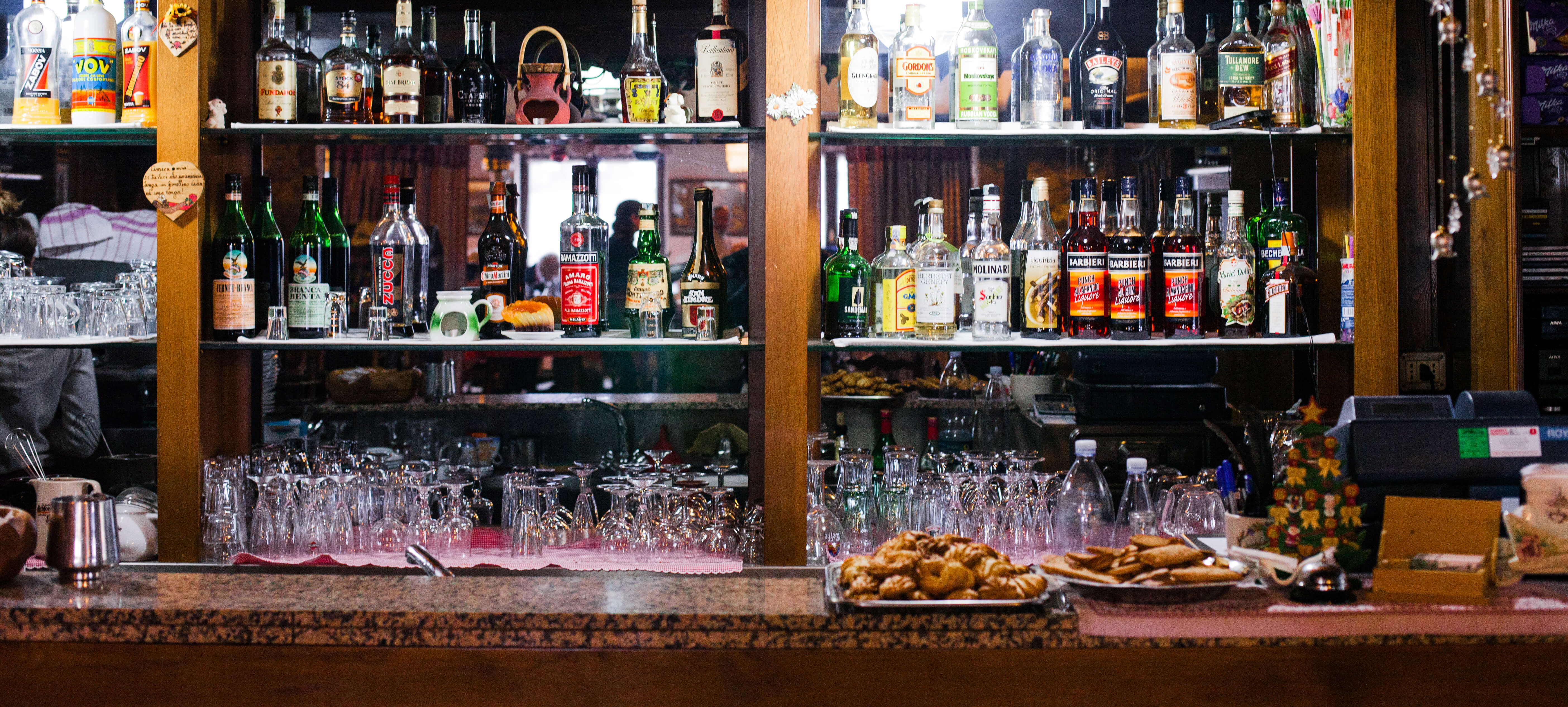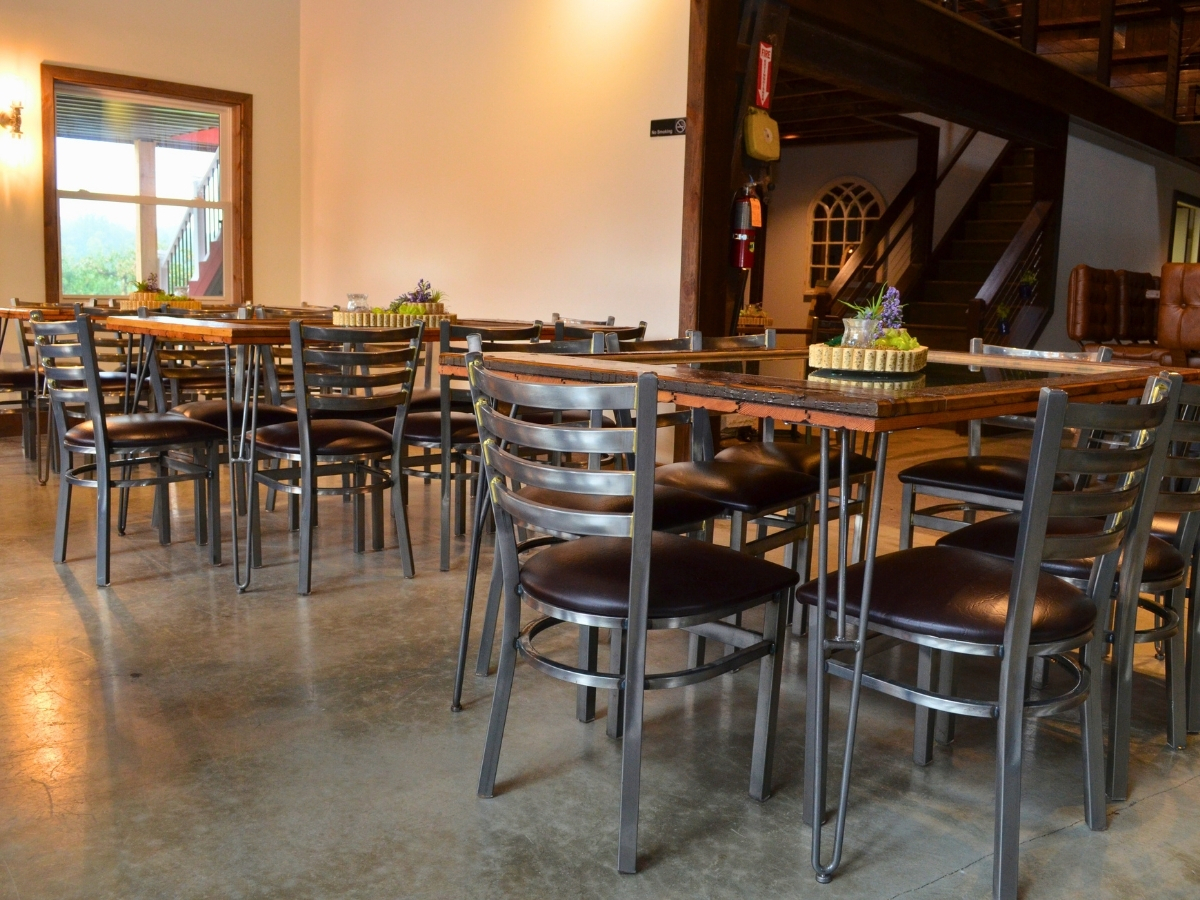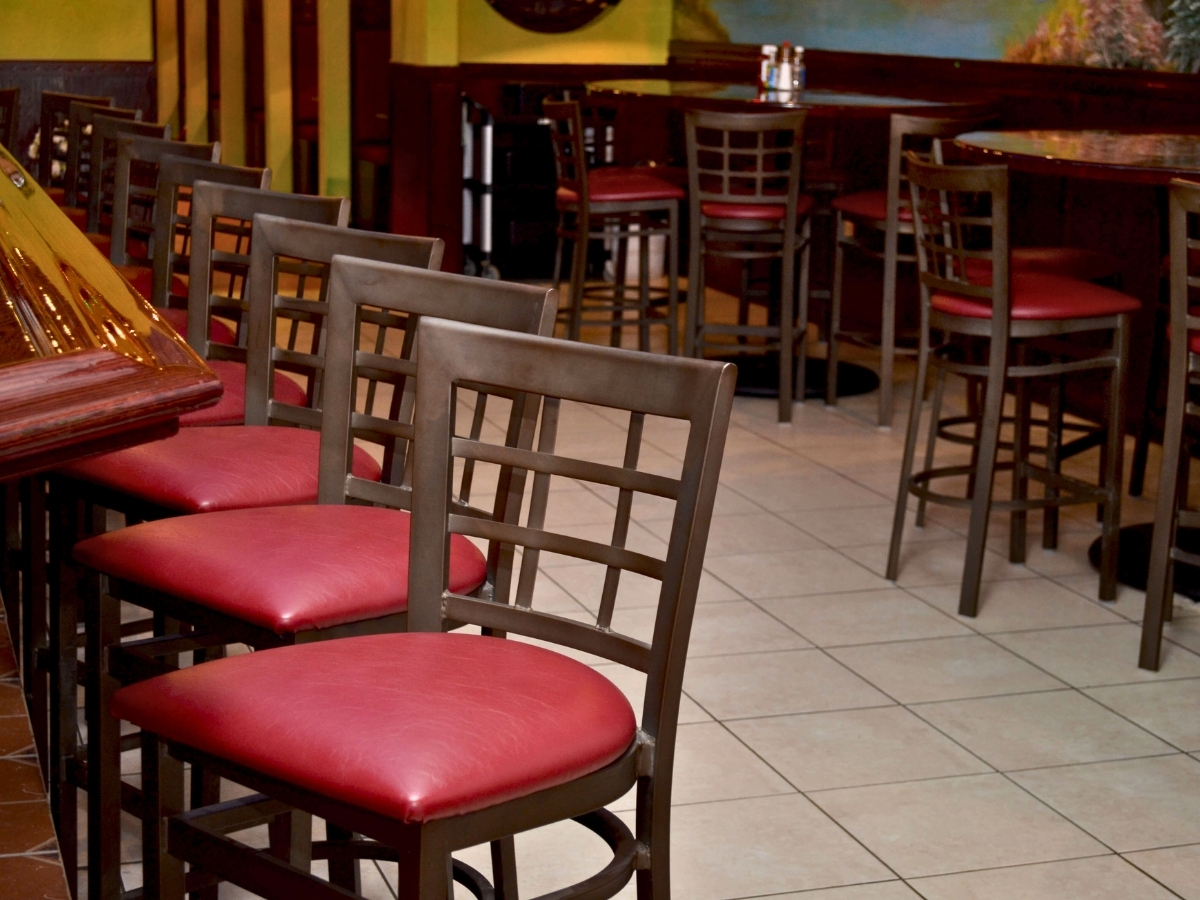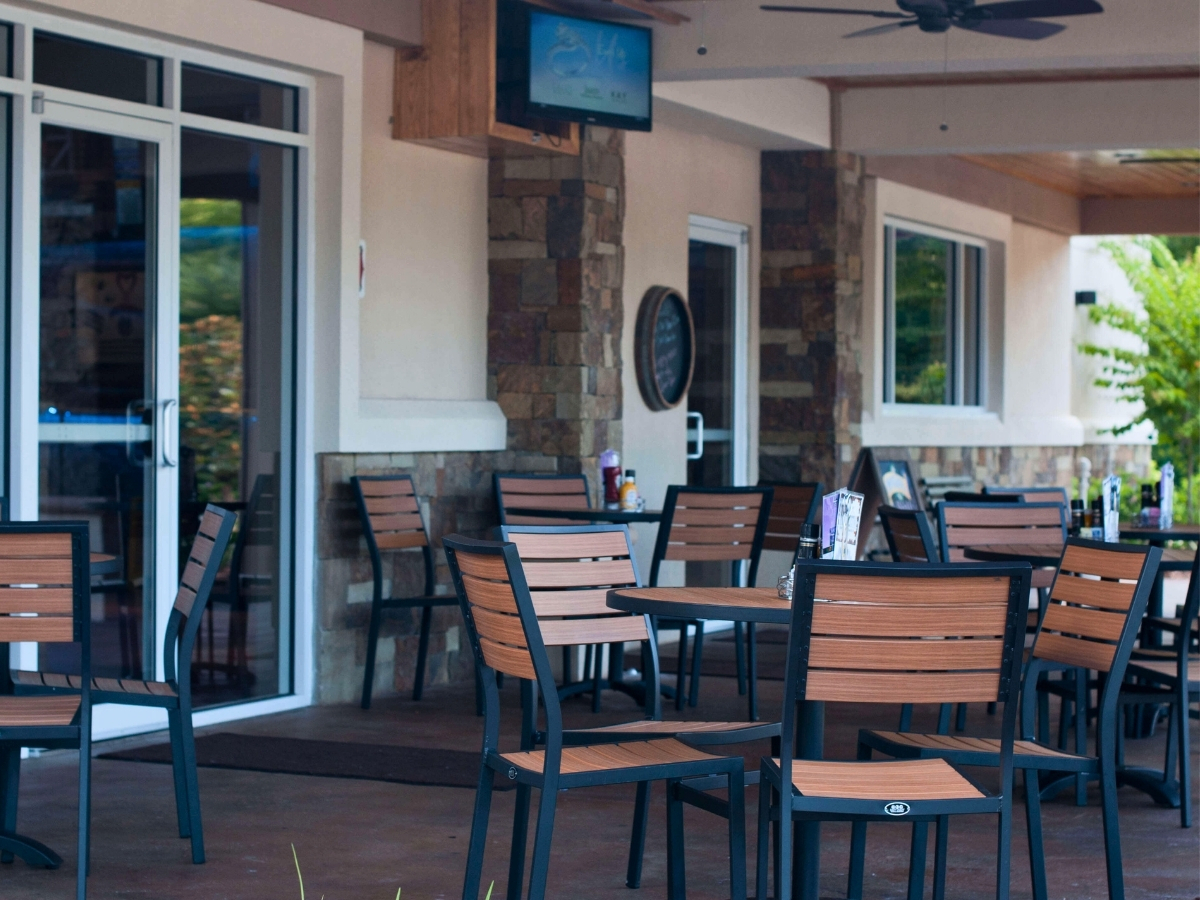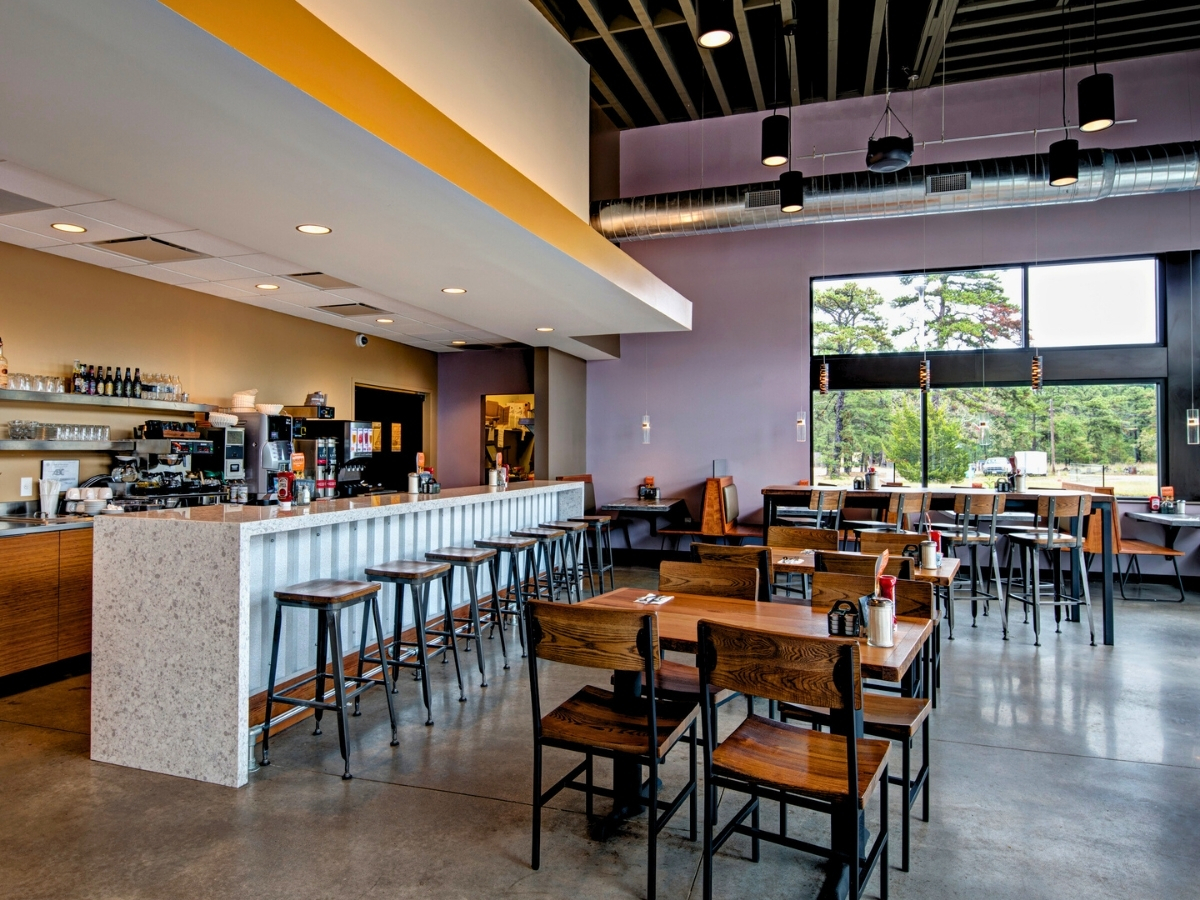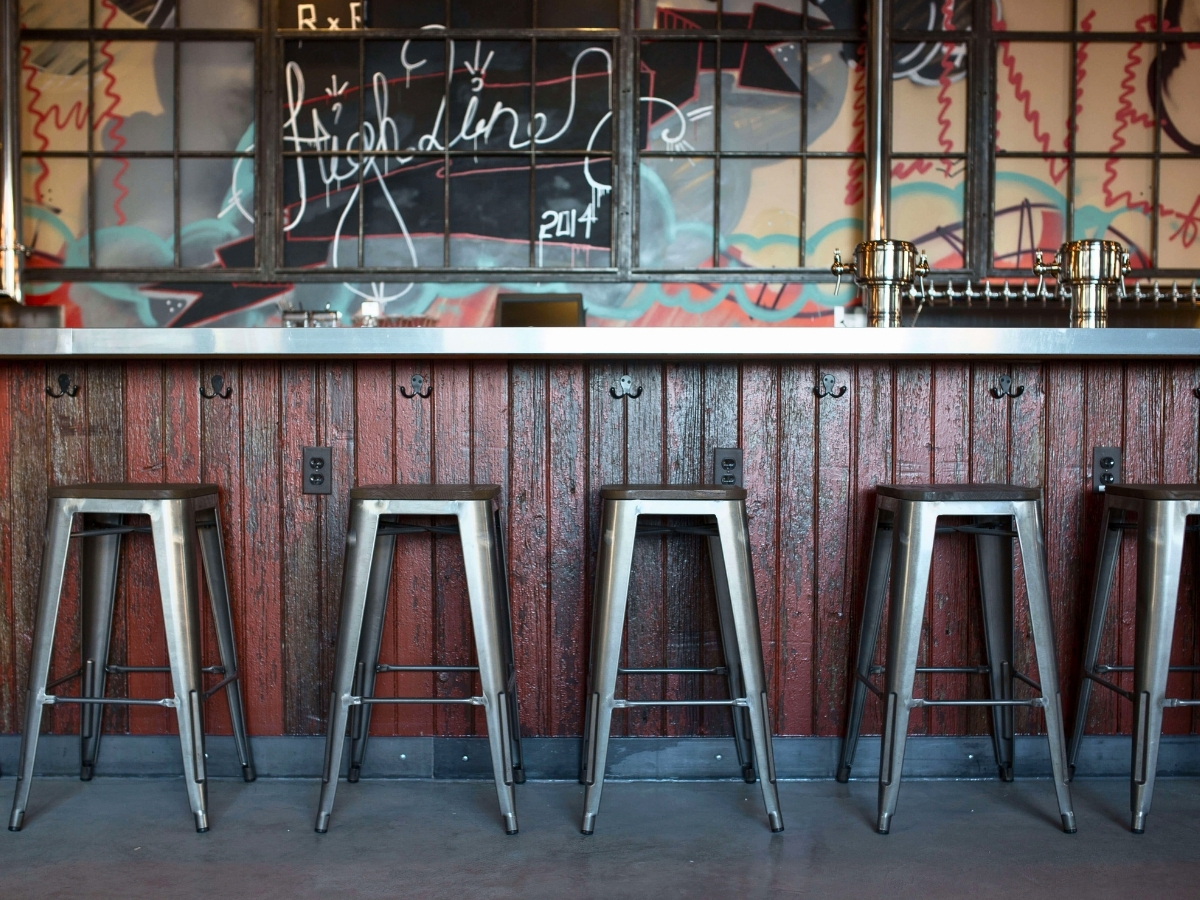Most establishments plan on serving some type of alcoholic beverage. Alcohol has a decent markup price in relation to the effort needed to serve it, making it ideal to increase profits. The profit margin changes based upon the type of alcohol, but the lowest is usually around 70%. Before you can serve you need to get a liquor license. Here are a few tips to get you started with this somewhat complicated process.
One of the most important parts of getting a liquor license is to start early. It can take up to a year or longer to obtain, so it is best to begin once you know you want to sell alcoholic beverages. It might not even be possible to get a license if you do not meet the requirements. Once you do have the license, it is much easier to renew. Most licenses are valid for one year and as long as you remain in good standing you can get automatic renewal set up for a smaller sum than the initial purchase amount.
Depending on your state, costs for a liquor license can vary. To find your state’s governing body go to http://www.ttb.gov/wine/state-ABC.shtml#US. The application fee and taxes may only be a few dollars but the number of licenses may be limited. In that case, you’ll have to buy from an existing bar or a license broker. If you are buying a preexisting establishment, then you might be able to purchase the former owners liquor license as part of your agreement. If you are not so lucky you’ll need to find a license broker. A license broker is a third party than can help you acquire a license by either facilitating an agreement with another license holder or just give overall guidance through the licensing process. That transaction can be thousands of dollars. Having a lawyer that is familiar with the process can be well worth the extra cost and help make sure that everything is in the proper order.
Classes
When applying for a license you’ll need to know what class you’d like to apply for. Licenses have different classes that are based upon a few different factors. You should know which one your establishment falls into. The type of establishment determines the class. What you serve, where you serve, how you serve, and whom you serve is all affected by what type of class your license that you are applying for.
The Major Types of Classes
| Class Type | Description |
|---|---|
| Tavern | If you serve food but at least half of your sales are alcohol |
| Beer & Wine | Can only serve beer and wine in the establishment in addition to food |
| Restaurant | Only a certain percentage of sales come from alcohol. Usually between 40%-45% but check your states regulations. Can serve beer, wine, and liquor. This is sometimes referred to as an All-Liquor license. |
| Club | This is designed for private clubs such as a country clubs and golf clubs |
| Brew Pub | Some states offer this to places that brew their own beer |
| Eating Place | This license is usually reserved for carry out places like a Deli, and can only sell beer and in a restricted amount |
| Retail | Reserved for grocery stores, drug stores, and liquor stores |
Make sure to check your states classes because each varies a little bit. For example Colorado has up to 19 different class types and you’ll want to know which best fits your business model. Several classes are defined by what percentage of your sales will be dedicated to alcohol. If you are considering opening a night club with the intent of have over 50% of your sales be alcohol, your establishment would fall under the tavern class and that is the license you would apply for.
Qualifications
The local liquor control board determines what types of liquor that can be sold, what hours your business can be open to sell liquor, the qualification for obtaining a liquor license, license fees and quotas. Make sure to become familiar with their board’s requirements.
Anyone applying for a liquor license should have a few qualifications in place before applying. Any applicant should be of legal drinking age, for obvious reasons. They must also have a clean personal history. If you have had a few traffic tickets in your past, they do not appear on a criminal record. They will still have record of the information in their systems, but it shouldn’t affect your ability to get a liquor license unless you have a large number or they have been left unpaid and there is a warrant. In that case you have bigger problems than not getting a liquor license. The information on a criminal record varies by county and by state so be sure to check with your local municipalities.
Applicants will need a seller’s permit. A seller’s permit is needed if your new business is going to sell or lease anything at wholesale or has retail levels that you need to collect sales tax or any taxable services. The State Department of Revenue will need to approve a seller’s permit before you can sell anything. Some states will also require that the applicant live in the same locale as the business for 90 days. Another requirement for some states is the completion of a training course. A responsible beverage server’s training course is sometimes required by the state’s liquor control board (sometimes called the alcohol control board) before a license can be issued.
Liability
It is also a good idea to get insurance. If you are planning to sell or serve liquor for the first time, insurance is important. Alcohol sales can be a risky business, so getting good liability insurance is a must have. Liability insurance will not cover sales that contradict the law, such as sales to a minor or any other laws your state has in place. But it will cover things like assault charges if a fight breaks out, or medical charges if someone gets hurt in your establishment.
A common question is will insurance cover your bar if you serve a patron and they leave your establishment and get into an accident. The answer is yes and no. An intoxicated driver cannot sue the bar owner, but a person injured by the driver can. The bar’s liability in this situation is usually determined by a judge on a case by case basis. It falls to the person suing a commercial alcohol vendor to prove that the serving of alcohol was a “proximate cause” of the injury. They must show a connection between an injury and the drunk person’s act of drinking at that particular bar or tavern. With anything involving the law, it is best to do your own research or speak with an attorney and insurance representative in your area.
If you have liquor liability insurance, the coverage can be used to pay for the cost of a lawyer and court fees. Chuck Brechtel, who is an owner of a chain of bars called The Bulldog and Lager, makes sure to include liquor liability insurance for all of his bars. Stating that “If you have to go out of pocket for tens of thousands of dollars paying attorney’s fees, that can bankrupt you”.
Whether you plan on only selling the occasional glass of wine or intend to brew your own beer, you’ll need to take the necessary steps to acquire a liquor license. Start early, determine your class type, gather the appropriate paperwork, and submit your materials to your state’s liquor control board. If you get frustrated, remember that 70% profit margin. It is a lot of work but all worth it once the profits start rolling in.

